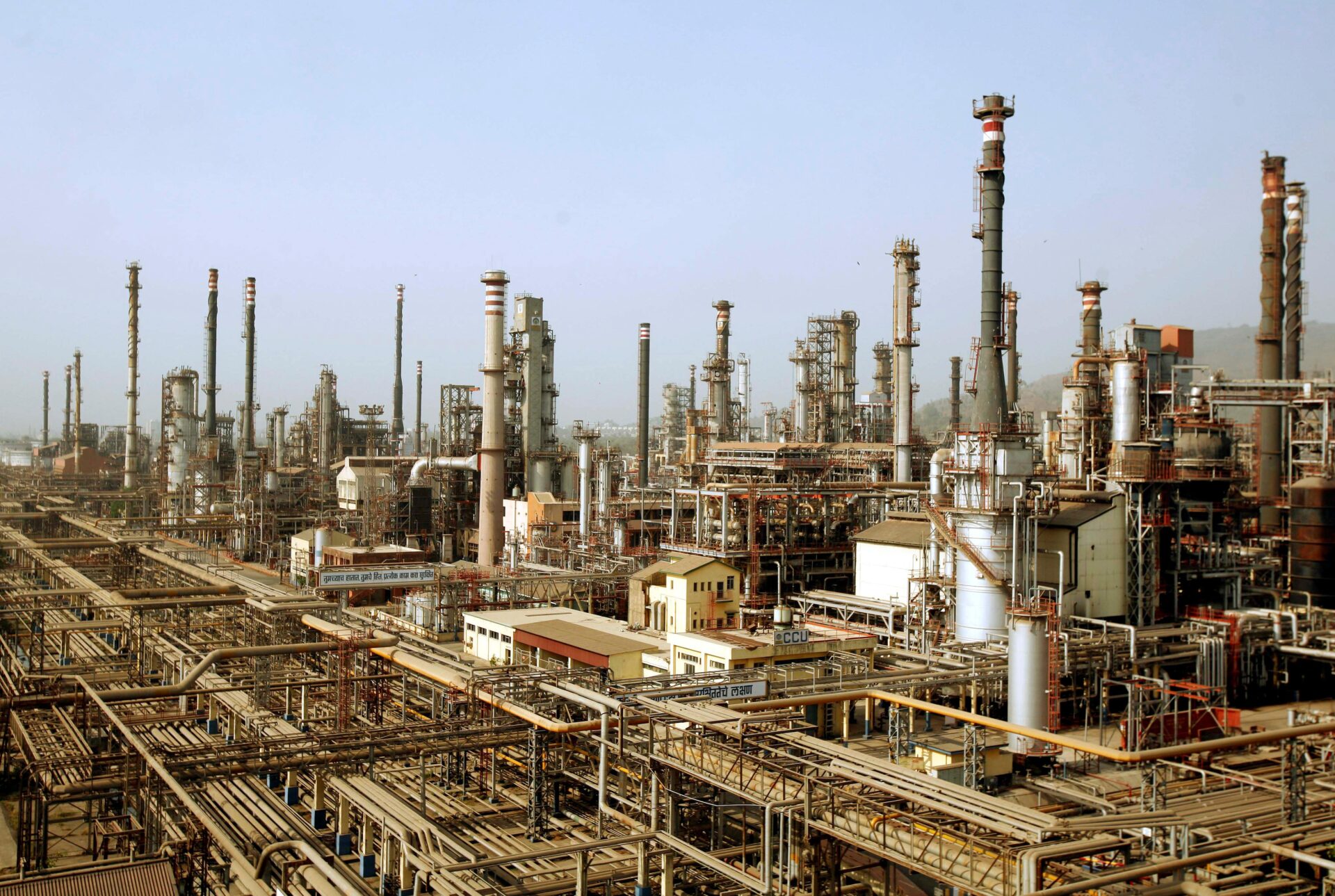Indian OPEC imports, India’s reliance on the Organization of the Petroleum Exporting Countries (OPEC) for oil imports has hit a record low, with the country progressively leaning towards Russia to meet its energy requirements. This change in import patterns demonstrates India’s efforts to broaden its crude oil sources and decrease its dependence on OPEC member nations.
Traditionally, India has been a significant importer of oil from OPEC countries like Saudi Arabia, Iraq, and Iran. However, geopolitical uncertainties, fluctuating oil prices, and the pursuit of stable energy supplies have motivated India to explore alternative sources. Russia has emerged as a prominent supplier, offering competitive pricing and a reliable supply chain.
Over the past years, Russian oil imports to India have steadily risen. In 2022, Russia surpassed Saudi Arabia as India’s primary crude oil supplier, and this trend has continued in 2023, with Russia maintaining its position as India’s leading source of imported oil. Diversifying oil imports has allowed India to negotiate better terms and prices, ensuring energy security and reducing vulnerability to price fluctuations in the global oil market.
India’s shift towards Russian oil has been facilitated by growing diplomatic and economic ties between the two countries. Through agreements and partnerships, India and Russia have strengthened their cooperation in various sectors, including energy. This collaboration has granted India access to Russia’s extensive oil reserves and enabled them to benefit from advanced technology and expertise in oil exploration and production.
Reducing reliance on OPEC imports provides India with greater flexibility in managing its energy needs and aligns with its broader energy strategy. This strategy focuses on increasing domestic production, expanding the use of renewable energy sources, and improving energy efficiency.
While India’s decreasing dependence on OPEC imports is positive in terms of diversification and energy security, it’s important to note that OPEC still plays a crucial role in global oil markets. OPEC member nations collectively account for a significant share of global oil production, and any major shifts in their production or pricing policies can have substantial implications for global energy markets.
Furthermore, India’s changing oil import patterns highlight the evolving dynamics in the global energy landscape, indicating the growing influence of non-OPEC producers, including Russia, in meeting the energy demands of major importers like India.
Russia’s ability to provide a stable oil supply to India stems from its substantial oil reserves and advanced extraction techniques. Russian oil companies have invested in technology and infrastructure to enhance production and transportation capabilities, allowing them to cater to the specific requirements of Indian refineries and ensure a reliable and consistent supply of crude oil.
In addition to Russia, India has diversified its oil imports by exploring other sources, including the United States and African countries. This multi-sourcing strategy enables India to mitigate risks associated with geopolitical tensions, supply disruptions, and price volatility in specific regions.
The decreasing dependence on OPEC imports aligns with India’s long-term energy goals, including reducing its carbon footprint and transitioning to cleaner and renewable energy sources. As the world focuses on addressing climate change and achieving sustainable development, India aims to reduce its reliance on fossil fuels and increase the share of renewable energy in its energy mix.
While Russia currently serves as a key alternative to OPEC for India’s oil imports, it is crucial for the country to continue diversifying its energy sources and investing in renewable energy infrastructure. This approach will not only ensure energy security but also contribute to India’s efforts in combating climate change and achieving its sustainable development goals.
Indian OPEC imports: In conclusion, India’s OPEC imports have reached an all-time low as the country increasingly relies on Russia and other non-OPEC producers for its oil needs. This shift reflects India’s strategy to diversify crude oil sources, enhance energy security, and reduce vulnerability to global oil market dynamics. As India continues to explore alternative energy options and invest in renewable sources, it strives to achieve a sustainable and environmentally friendly energy future.




Leave a Reply